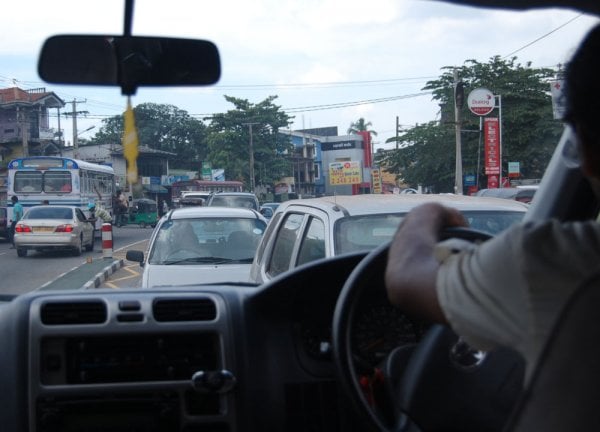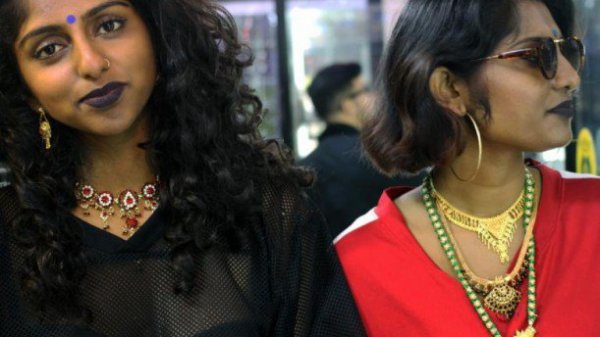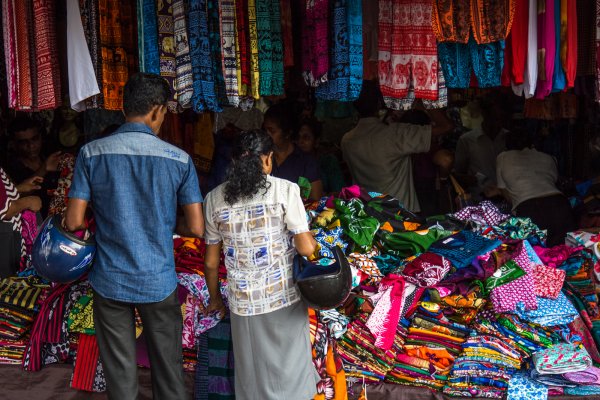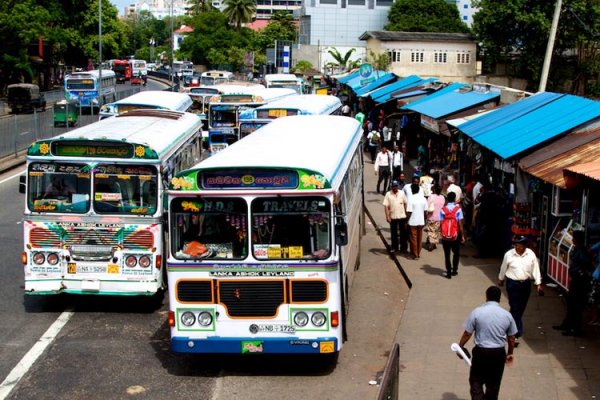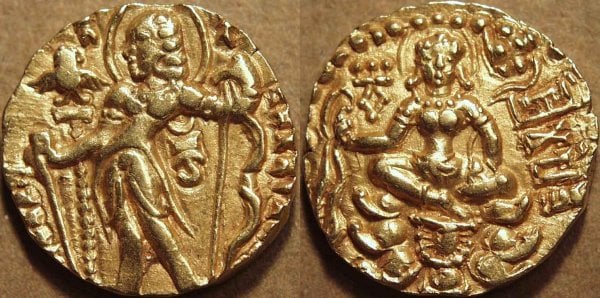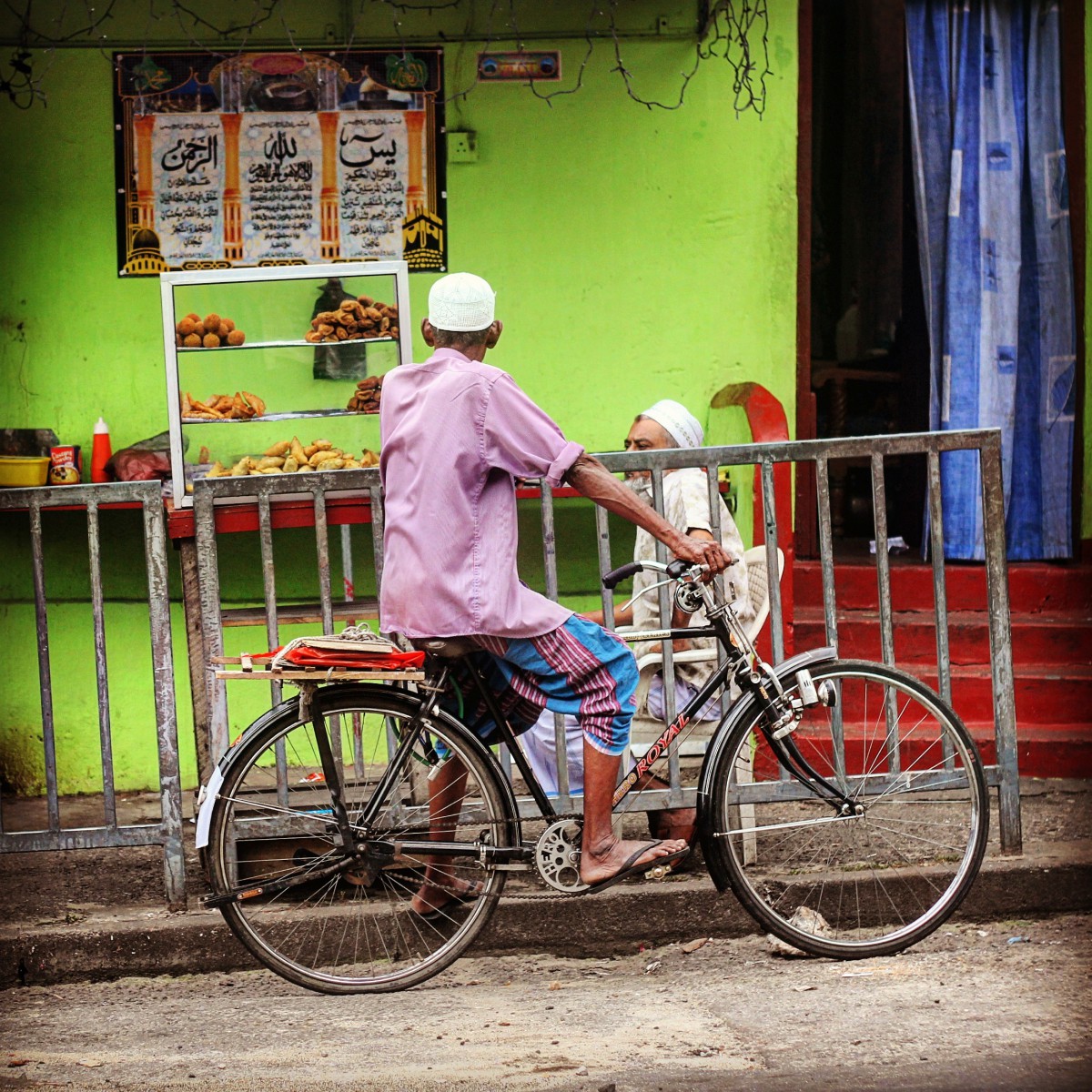
It is that time of the year again, when samosas become a staple for Muslims all over Sri Lanka, and the streets come alive at night with streams of men and women making their way to the mosque for worship. Ramadan is here, and with it, the questions that Muslims have to field every year about the holiest month in the Islamic calendar. Here, we have attempted to answer some of the frequently asked questions during Ramadan, which range from sensible to varying degrees of absurdity.
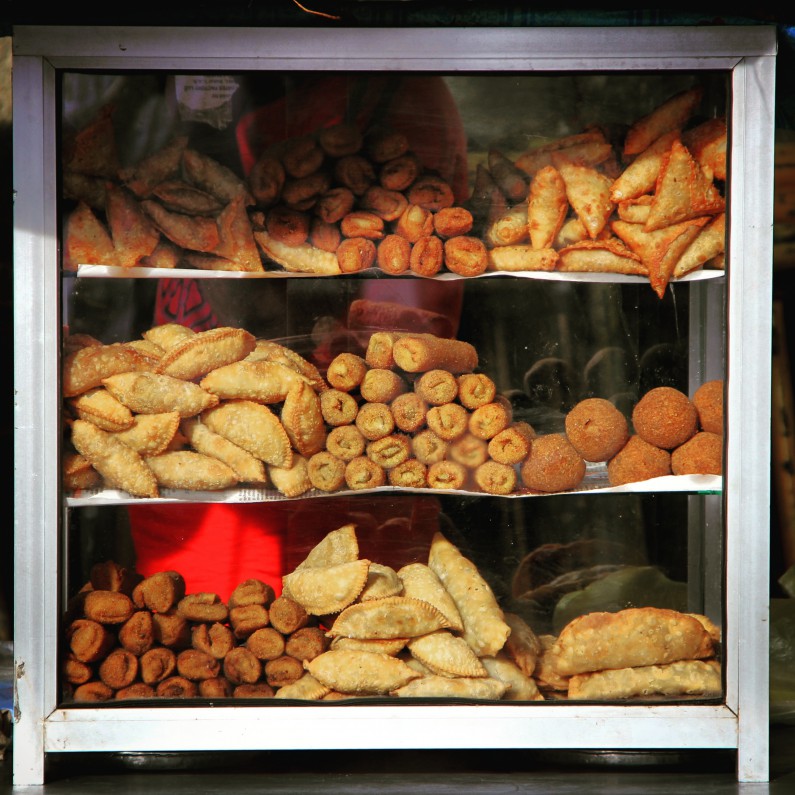
Samosas and other ‘short eats’ become very popular among Sri Lankan Muslims during the month of Ramadan. Image credit: Nazly Ahmed
What is Ramadan?
It is the ninth month of the lunar Islamic calendar, and it spans a period of 29 to 30 days. During this month, Muslims all over the world fast from dawn to sunset and offer prolonged congregational prayers at night. Ramadan is significant to Muslims because it is the month in which they believe that the beginning of their holy book, the Quran, was sent down from God to the Prophet Muhammad, over 1,400 years ago. During this month, Muslims are supposed to abstain from immorality, violence, and bad behaviour, and instead devote their time to worshipping God and performing good deeds. The Islamic festival, Eid-ul-Fitr, falls at the end of the month of Ramadan.
How do Muslims fast?
Their day begins with a meal called sahr (or suhoor) shortly before dawn. In Sri Lanka, this usually consists of a plate of rice and curry. Following this meal, Muslims refrain from eating, drinking, and engaging in coital activity until the sun goes down. At sunset, they break their fast with dates and water. This meal is known as iftar. For many Sri Lankan Muslims, iftar tends to be a hefty affair, complete with a varied assortment of savoury snacks and sweets, accompanied by a large bowl of rice porridge or kanji. After iftar, Muslims eat and drink as they normally would till the early hours of the next day.
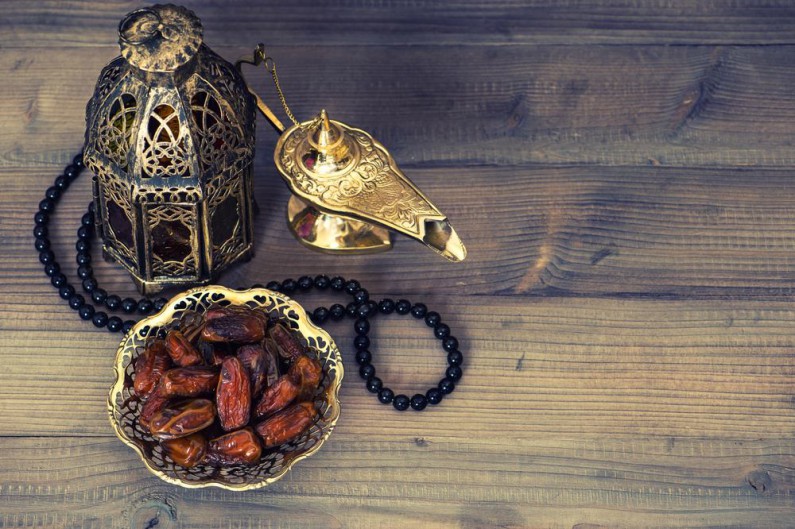
Traditionally, Muslims break their fast with water and dates. Image courtesy eidmubarakimages.org
Why do Muslims fast during Ramadan?
Fasting is one of the five main pillars of the Islamic faith. It is principally an act of worship and obedience to God. An important objective of fasting is to understand and relate to the struggles of the impoverished and the less fortunate, who go without adequate nourishment for extended periods. Muslims are encouraged to be particularly charitable to the poor during this time. Ramadan is also a month of discipline for Muslims, in which they learn to curtail bad habits and vices, and control their appetite for food, drink, and carnal relations.
If Ramadan is about controlling the appetite, why do Muslims in Sri Lanka eat so much during this month?
Before anything else, it must be noted that not all Muslims indulge in overeating or in elaborate iftars, as is the commonly perceived stereotype. There are many who like to keep it simple, and there are others who don’t have the means to afford large meals. However, some people do eat a lot during Ramadhan, and this could be due to three possible reasons. Firstly, they are terrified that they will not be able to get through the day unless they inhale all the food on the table before dawn. Secondly, they are so overwhelmed with excitement when they see food after a long day of fasting that they get carried away and try to devour everything in sight. Thirdly, the food prepared during Ramadan in Sri Lanka is undeniably delicious and extremely deep-fried, therefore a formula for gluttony. Nevertheless, overeating is strongly discouraged during this month, as it defeats the integral purpose of fasting.
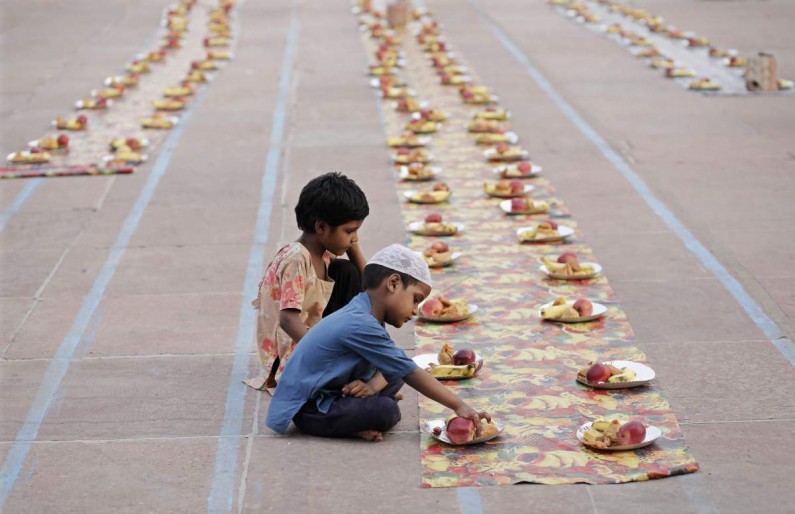
Children helping themselves to iftar. Image courtesy ihsansenocak.com
Is fasting compulsory for every single Muslim?
Fasting is only compulsory for healthy, sane, adult Muslims. Among those exempt from fasting are children, the elderly and infirm, people who are mentally and physically ill, those who are travelling, and women who are pregnant, breast feeding, or menstruating.
What’s all the fuss about the moon? Do Muslims worship the moon or something?
Muslims don’t worship the moon, but it does play an important role in Islam. Since Ramadan is a lunar month, it begins with the sighting of the new moon. The course of the month follows the waxing and subsequent waning of the moon, and comes to an end when the next new moon appears. So naturally, there is a lot of excitement among Muslims when the new moon is sighted.
Are women allowed in the mosque only during Ramadan?
Every mosque has segregated prayer areas for males and females, and both men and women can pray in their designated areas at any given time of the year. In the early years of Islam, women used to frequent the mosque every day, but this practice has lessened considerably over the ages, due to ultra-conservative cultural influences. During Ramadan, however, crowds of women converge upon the mosques to join in the special congregational prayers offered at night.
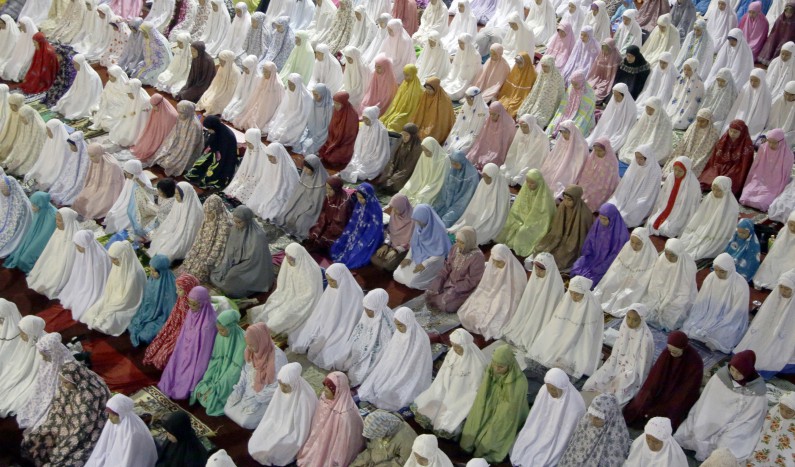
Many Muslims, men and women, visit the mosque for prayers more often during this holy month. Image courtesy mei.edu
What happens if you accidentally eat or drink while fasting? What if someone force feeds you?
If the act of eating or drinking is done accidentally, or if the food is forced down one’s throat, the fast remains valid. The individual can continue fasting for the rest of the day and break their fast at sundown. It must be noted, however, that it is not normal to go around forcibly shoving food in people’s mouths.
What do the phrases ‘Ramadan Kareem’ and ‘Ramadan Mubarak’ mean?
Translated loosely, they mean “Have a blessed Ramadan”.
Do you have biryani every day during Ramadan?
Contrary to common belief, eating biryani is not a ritualistic part of the Islamic faith, though it is undoubtedly a popular choice of food among Muslims in Sri Lanka. However, its preparation requires a lot of time and effort, so people tend to limit its consumption to special occasions like Eid.
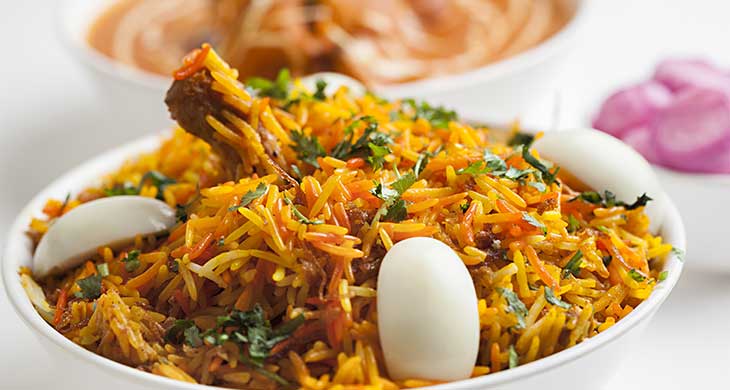
No, biryani is not a Ramadan essential. Image courtesy magazine.foodpanda.sg
Can you bite your fingernails while fasting?
You can’t consume anything from dawn to sunset, and this includes parts of your anatomy as well.
Are you allowed to touch food while fasting?
Yes, you can touch food. You just can’t put it into your mouth and eat it.
Aren’t you allowed to eat or drink anything at all? NOT EVEN WATER?
For the eighty-seventh time, no. Not even water.
Why don’t you just eat when no one’s watching?
Fasting is not done for the benefit of whoever may be watching. It is a deeply personal act, with a profound spiritual significance. Also, really?
When do we get watalappam?
Probably on Eid, and only if you stop asking the same question every day.
Why aren’t you eating?
Because it’s Ramadan.
Ramadan? Who is Ramadan?
Refer first question.
Featured image credit: Nazly Ahmed

